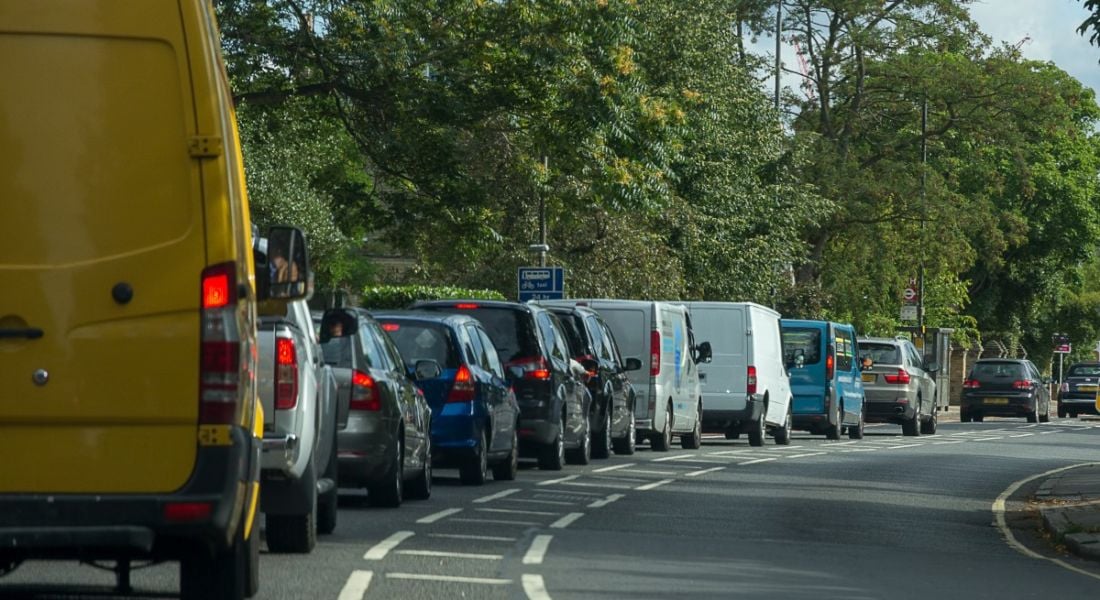Research from Trinity College Dublin and workspace network NoCo identified time-saving benefits for workers as well as environmental benefits.
Remote working three days per week could save drivers up to 14 days of commuting time a year. That’s according to a study carried out by researchers at Trinity College Dublin (TCD) and hybrid workspace company NoCo.
More than 540 people were surveyed about their commuting habits to ascertain how long people spent travelling to and from their workplaces and examine the environmental impact of these commutes.
Remote working three days a week for a year could reduce a driver’s CO2 emissions by 670kg, the research found. Public transport users, meanwhile, could save almost 11 days of commuting time by working remotely three days a week.
Irish-owned Noco has been expanding its workspace network around Ireland, aiming to tap into the rise in remote and hybrid working. It currently has hubs in 350 locations nationwide, as well as an online service that enables companies to connect their team to a network of ‘close to home’ workspaces across Ireland.
“The slowdown of economic activities during the pandemic resulted in significant improvements to air quality and GHG emissions. At NoCo, we are preparing for the future which means addressing climate change,” said Brian Moran, co-founder of NoCo.
“None of us can afford to ignore our carbon footprints anymore and we believe that the shift to remote working will help to meet Ireland’s national carbon targets, as well as provide people with reduced commuting time and a better work-life balance.”
An extra lie-in in the mornings was another benefit of working remotely or working from home, according to survey respondents. When travelling to an office, 59pc of people said they left home before 7:30am. When travelling to a remote location, 76pc left after 7:30am.
Almost half of the respondents (49pc) said they would consider buying an e-bike for their commute to a local remote working hub and 14pc said they would consider buying a push bicycle.
A small number of people (15pc) said they were considering selling their car as a result of Ireland’s post-pandemic remote and hybrid work dynamic. The majority (80pc) said they believed it would be possible for their employer to implement a hybrid work scheme in the near future.
Prof Brian Caulfield from the Department of Civil, Structural and Environmental Engineering at TCD said the research shows remote working hubs may play “an even more substantial role than we thought” in reducing carbon emissions from commuting.
“From a personal-time perspective, the findings of the survey demonstrate that remote workers are able to spend significantly more time at home and substantially less time commuting,” he added.
There were, however, some negative aspects to the new remote and hybrid work culture, according to participants.
Around 78pc of people said they experienced feelings of isolation as a result of working from home, while 85pc experienced Wi-Fi and general connectivity issues and 84pc experienced problems with inadequate home office space or equipment.
Don’t miss out on the knowledge you need to succeed. Sign up for the Daily Brief, Silicon Republic’s digest of need-to-know sci-tech news.




